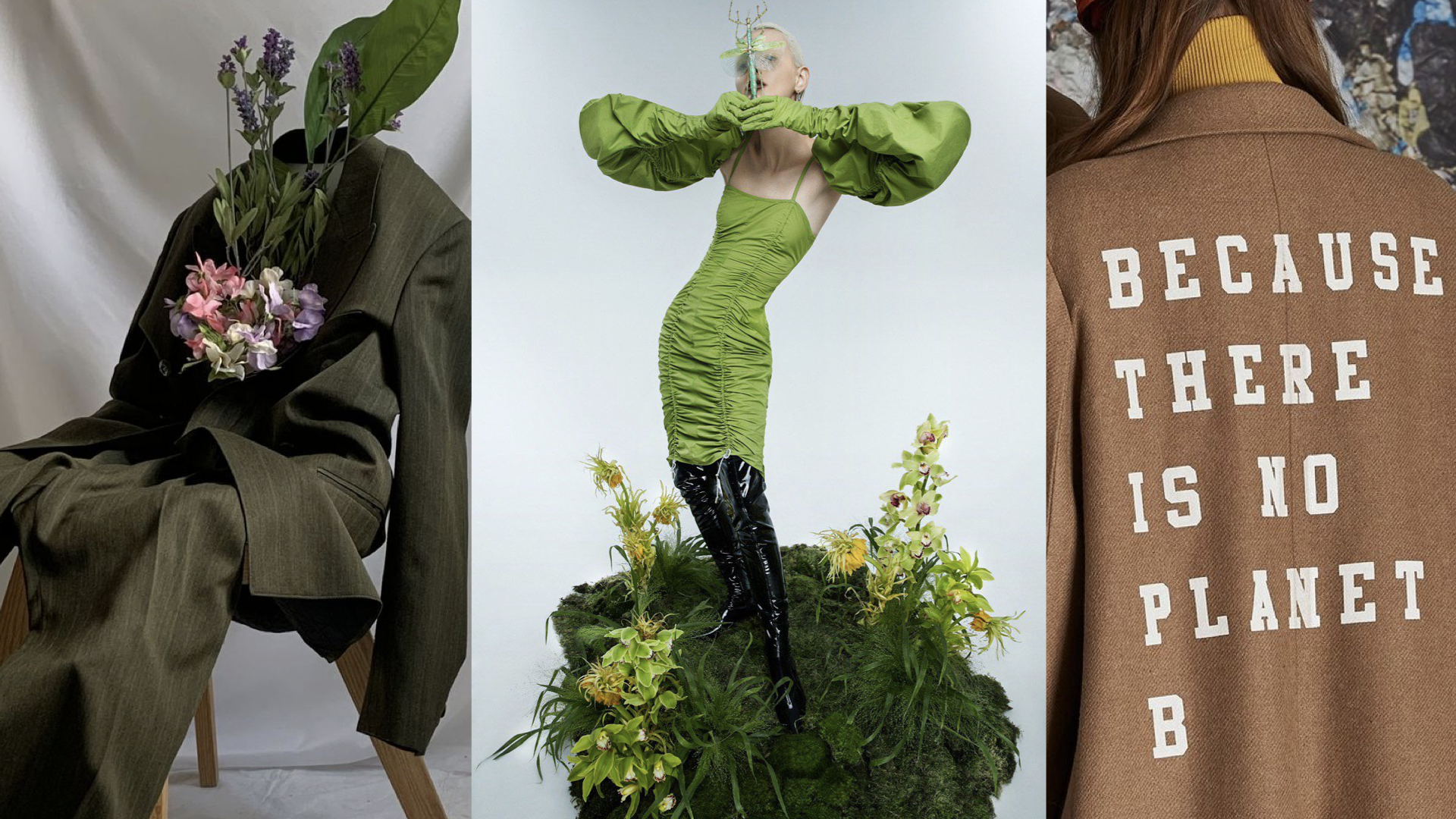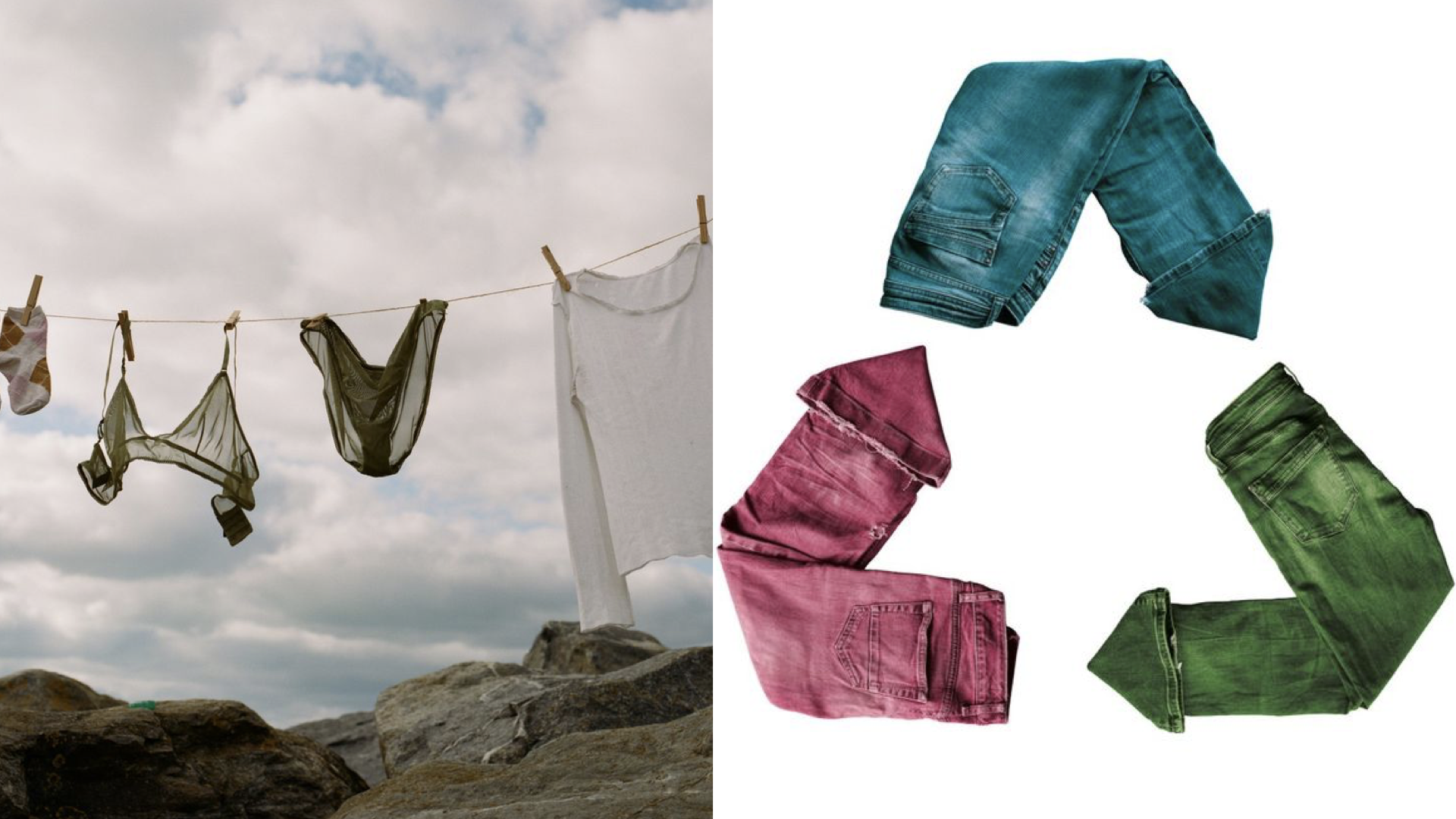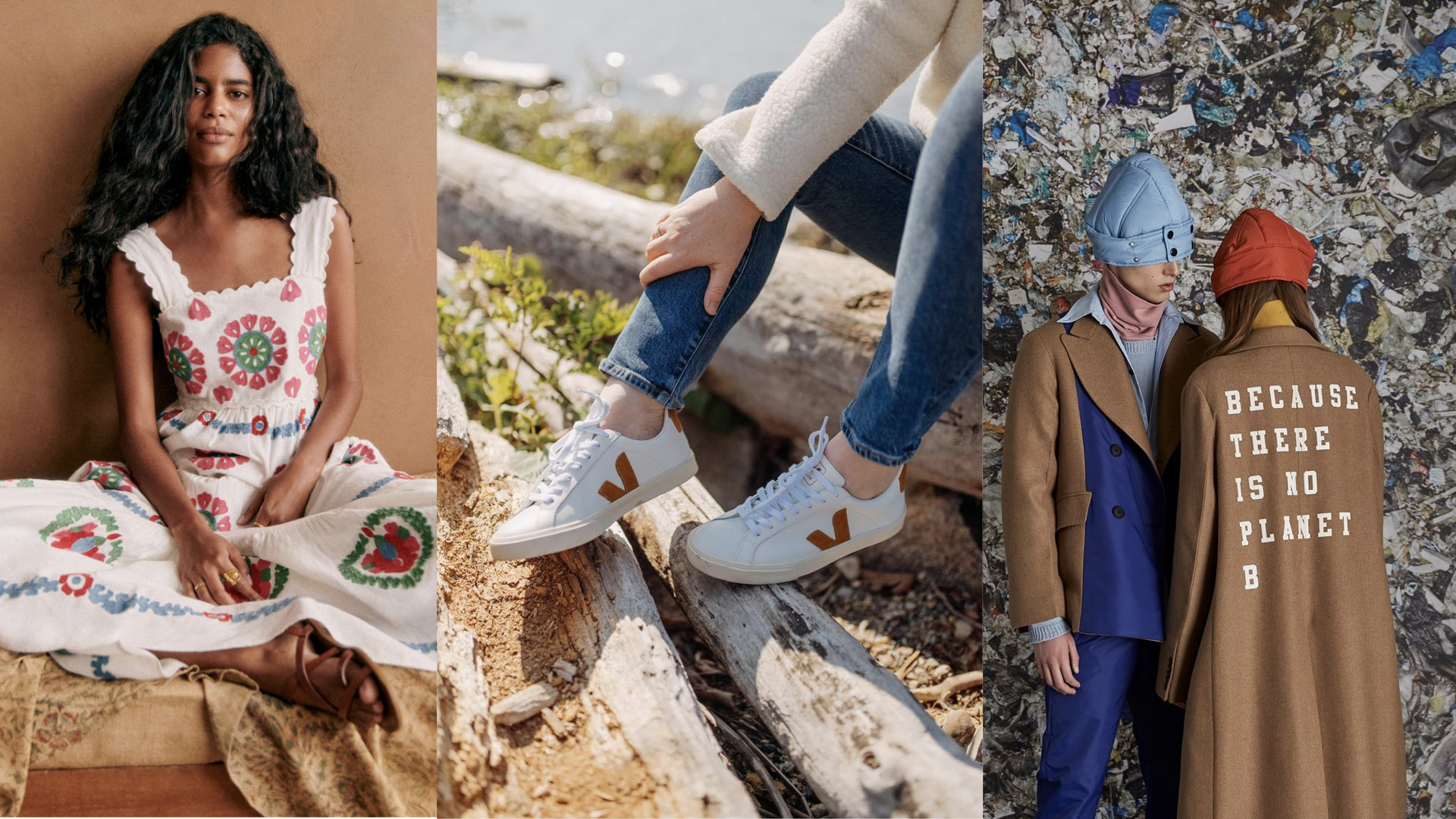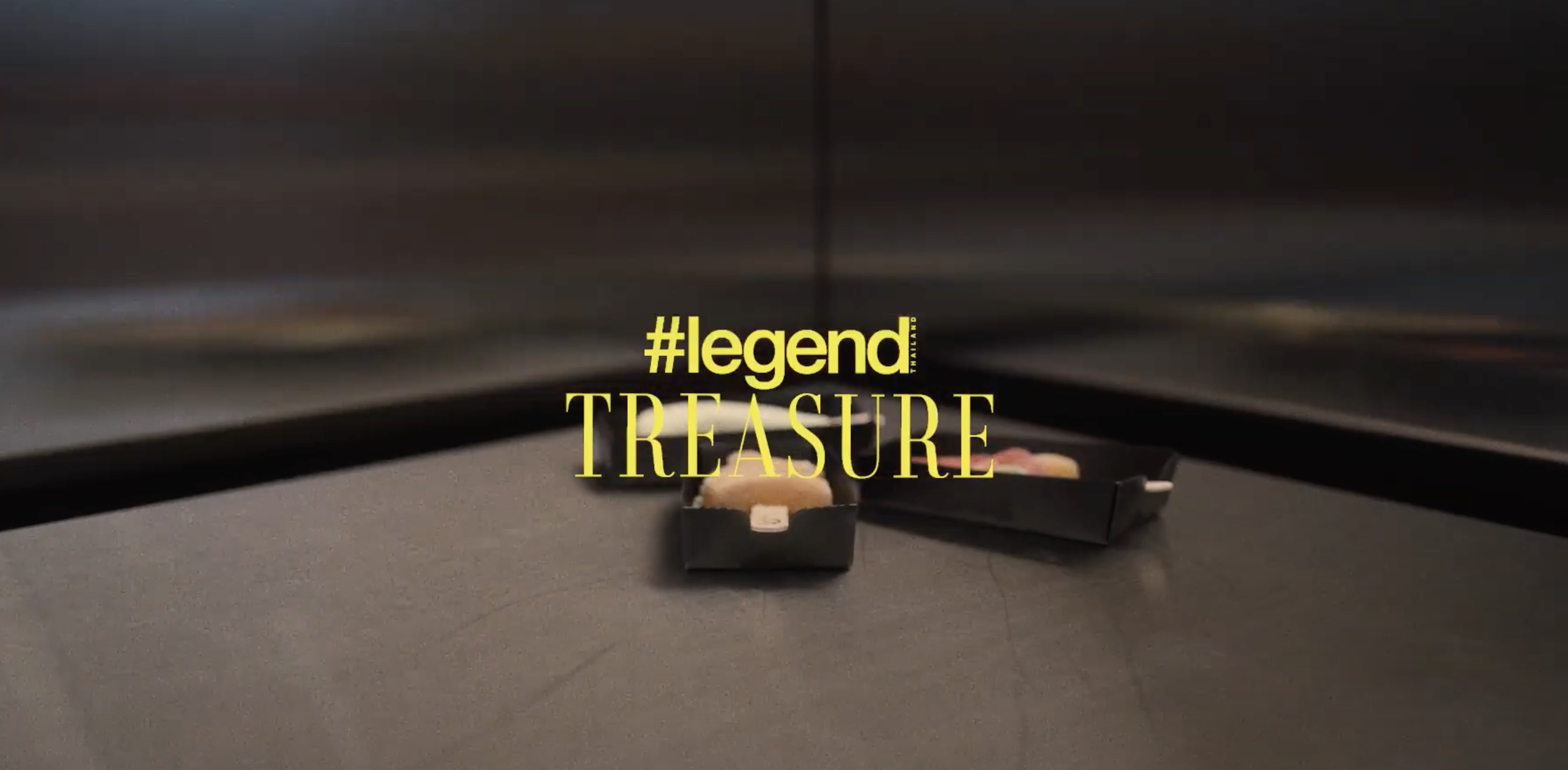Eco-fashion and greenwashing: are fashion brands truly sustainable?
Author: Pimpichaya Chaikittiporn | Photographer: -
Jun 21, 2024
"...As consumers, our choices wield immense power in driving industry-wide change towards a more sustainable future. By supporting brands that uphold transparent and ethical practices, we not only foster genuine environmental progress but also hold the fashion industry accountable for its impact..."

Image Courtesy of Mary Remma, STICKY, and Ecoalf
In today's dynamic fashion industry, the concept of sustainability has transcended mere trendiness to become a vital force reshaping consumer expectations and industry practices alike. The rise of eco-fashion marks a significant shift towards more responsible production and consumption patterns, driven by heightened awareness of environmental impacts and ethical considerations. However, amidst the proliferation of eco-friendly claims, the phenomenon of greenwashing is a critical challenge of the circle. Greenwashing occurs when brands embellish or fabricate their environmental credentials, often through deceptive marketing tactics such as vague slogans that mislead consumers.

Image Courtesy of Whitney Bauck and Jean Marie Takouleu
So, how can we distinguish truly sustainable fashion brands from those doing greenwashing? The simply answer is that consumers temselves should cultivate a comprehensive understanding of true sustainability. Genuine eco-friendly brands prioritise transparency across their operations, from supply chain practices to material sourcing and production methods. Look for certifications from reputable organisations like the Global Organic Textile Standard (GOTS) or Fair Trade, which validate a brand's commitment to ethical and environmentally friendly practices. These certifications ensure that products meet stricted criterias for sustainability, including the use of organic or recycled materials, fair labor practices, and so on.

Image Courtesy of Stella McCartney
#legend_TH has compiled examples of truly sustainable fashion brands. When discussing fashion and the issue of sustainability, Stella McCartney serves as an excellent example. The brand has established new standards in the fashion industry by using sustainable materials in production, never using genuine animal leather, and opting for ECONYL®, a nylon made from recycled industrial plastic waste. Additionally, the brand uses marine recycled fishnet to create high-quality nylon equivalent to conventional nylon.

Image Courtesy of Patagonia
Another noteworthy one is Patagonia, which focuses on producing high-quality and sustainable products. The brand uses clean energy in manufacturing and strives to reduce emissions from transportation and plastic bag usage as much as possible.

Image Courtesy of Sézane, Veja, and Ecoalf
Furthermore, the French brand Sézane places emphasis on environmentally-friendly collections and materials, certified by numerous organisations such as B Corp, GOTS, Oeko-Tex, FSC, Ecovero, RWS, and RMS. Meanwhile, Veja, a French footwear brand, prioritises fair trade and sustainable materials sourcing, despite a 30% increase in the production costs compared to other competitors based in Southeast Asia, due to their fair trade policies and use of organic materials. As well as, Ecoalf, a Spanish fashion brand significantly focuses on making products from marine waste such as plastic bottles, fishing nets, car tires, and many more. The brand stands out with the slogan 'Because there is no planet B'
Also see: Pride Month: A Showcase of LGBTQIA+ Creativity and Contributions to the Fashion World





























